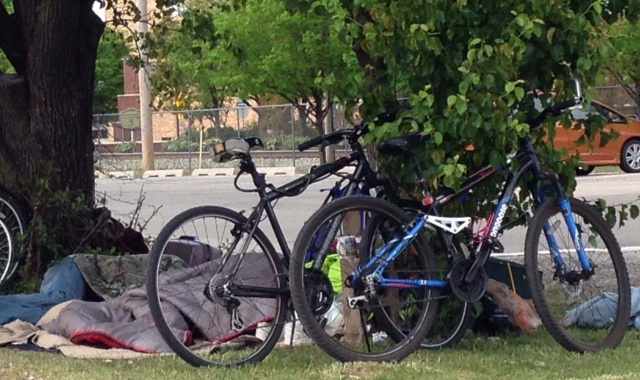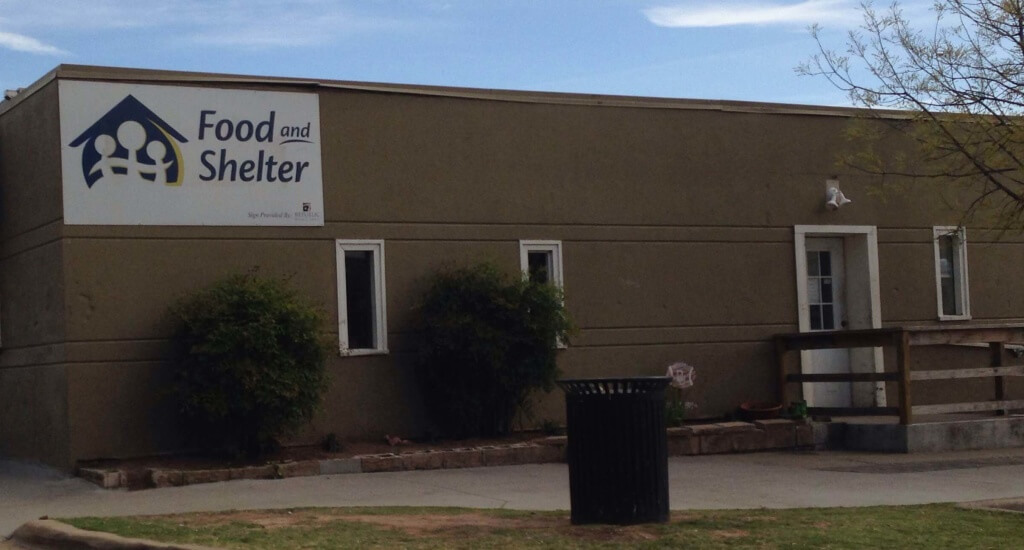

NORMAN — After months living homeless on the West Coast, William Treadwell scraped up enough for a bus ticket and made the long, hungry journey here, where his parents lived.
When Treadwell arrived, he knew something wasn’t quite right.
“I was really suffering the most I’d ever suffered from what I later found out to be schizophrenia,” he said. “They had Griffin [Memorial Hospital] here and my parents took me there.”
Treadwell says once he was diagnosed as mentally ill, he was able to commit time to recovery.
“Just having that space and time to just let go of all the stuff that had built up in my psyche, I eventually started feeling better,” he said.
Assistance shrinking for people like Treadwell
On March 25, the Oklahoma Department of Mental Health and Substance Abuse Services announced it would be slashing its budget by $13 million, already the second round of cuts in 2016.
In total the department has cut $22.8 million from its budget so far this year, a number that balloons to a $36 million reduction when counting federal matching funds. The department’s press release states these cuts will negatively impact 73,000 Oklahomans.
Randi Brockhaus, a case manager at Norman’s Food and Shelter, Inc. homeless outreach facility, estimates that as many as 65 percent of those 73,000 will come from the homeless community.

“It’s a travesty for those that are out there with mental health issues that have low income or no income. There are very few places where they can receive services,” Brockhaus said. “They might be able to get some services from us or Salvation Army or the different nonprofits around here, but we’re not qualified to treat and assist them in the way they need.”
Brockhaus’ coworker, Lisa Lewis, said the cuts will only cost the state money in the long term.
“We needed to increase the services that we provide to people, not decrease,” Lewis said. “I think that suicide is going to go up, I think that people will be going around without their medication, and the homeless population is going to grow. In the long run, it’s really going to hurt the state even more.”
Brockhaus painted a bleak picture of how quickly the cuts have affected the homeless. Some of her clients have been cut off from the counseling services they were attending or told they needed to attend a new orientation — only to discover that orientations are indefinitely on hold.
Lewis noted that “a ton of people” have already told her that their services have been cut.
Case manager: ‘You don’t get help’
For Treadwell, news of slashed services is extremely disheartening.
“The sad thing,” he said, “is you’re talking about budget cuts, and to me just after volunteering [at Food and Shelter, Inc.], it seems like there’s not enough as it is to do what should be done.”
Treadwell has maintained a deep compassion for the homeless community since his own homeless experience, volunteering and doing odd jobs at the shelter. He said places like Food and Shelter are vital resources because they help the homeless community discover and navigate treatment options.
That system only works if the options are there, Brockhaus said.
“I can’t recommend something if you can’t get into it, or set somebody up with false hope. It’s like, ‘Oh, you can go here. You can get help.’ But no, you don’t get help.”




















